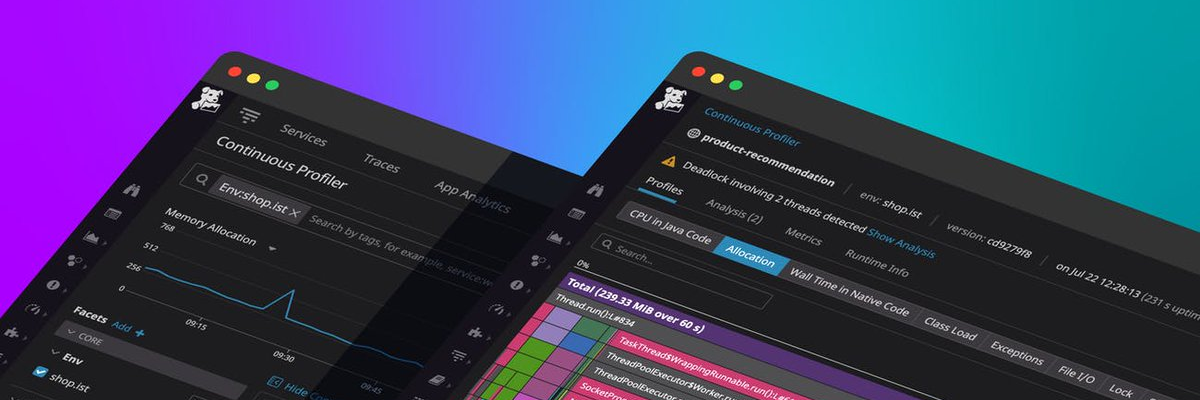JDK Mission Control is quite modular. To help navigate the source, working sets come in quite handy. And for a more flexible way to define working sets, Oomph provide a very nice plug-in for constructing dynamic working sets, using rules and regular expressions.
To use, first install the Oomph Dynamic Working Sets plug-in into your Eclipse:
https://wiki.eclipse.org/Dynamic_Working_Sets#Download.2FInstallation
Next either start creating your own working sets, or start out with the ones I use:
https://github.com/thegreystone/jmc-dev-helpers
To edit/create the working sets, go to Preferences | Oomph / Dynamic Working Sets, and press Edit…
Once satisfied with the working sets, you can switch the Package Explorer to using the Working Sets as Top Level Elements:
Good luck!

